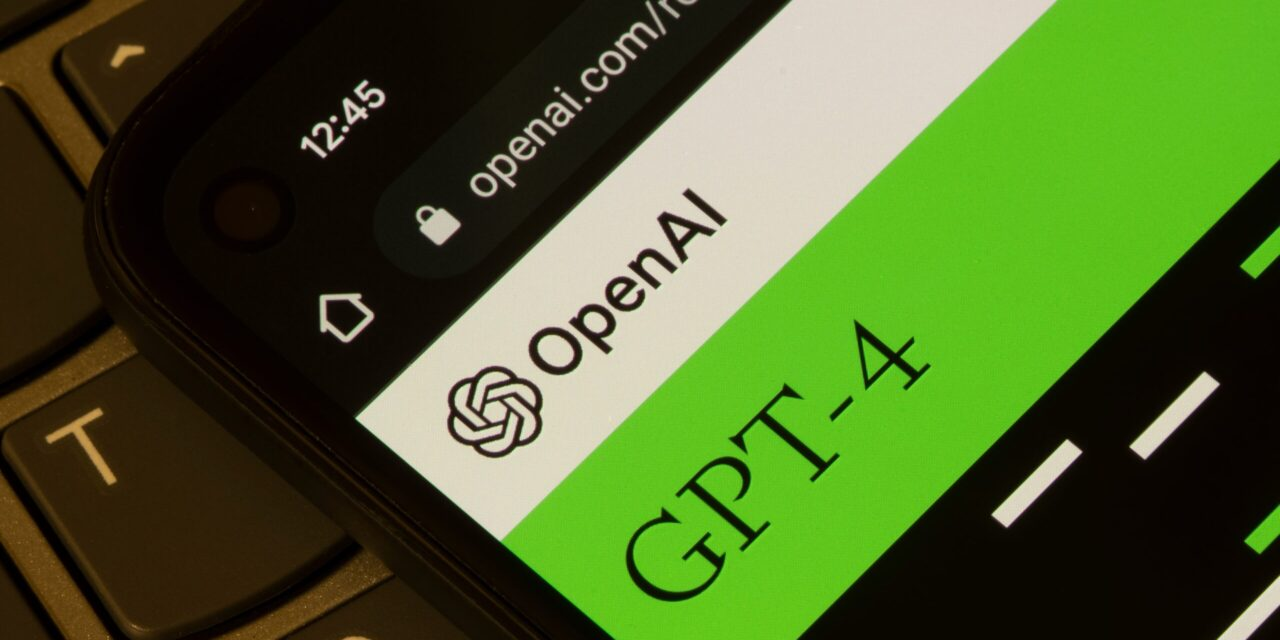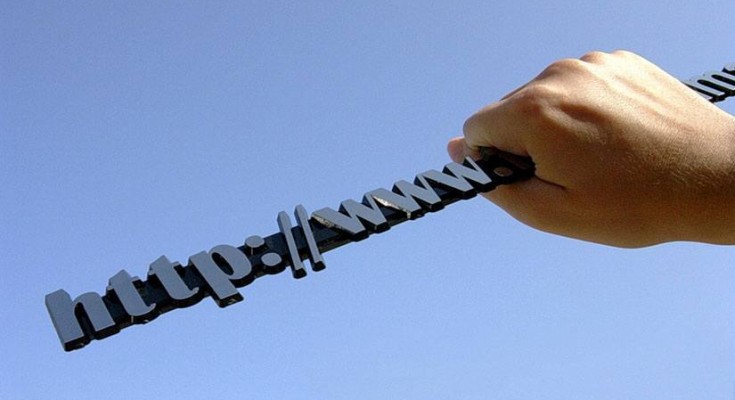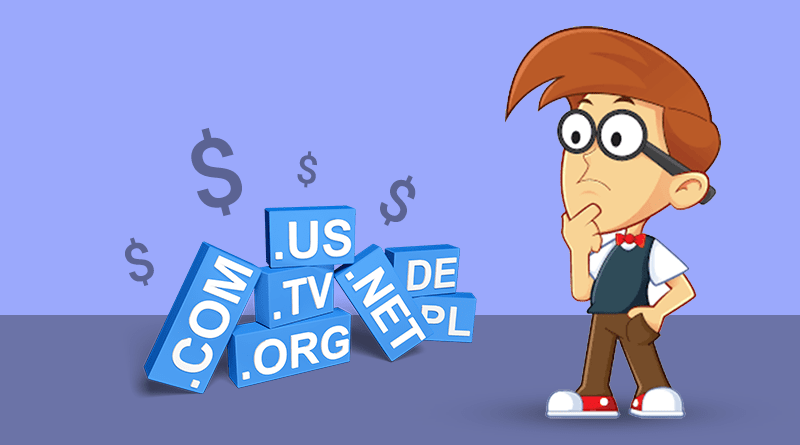President Donald Trump had nearly clinched an agreement with TikTok’s Chinese owner ByteDance Ltd.. It would spare the popular app from a US ban. But the deal was scuttled after China withheld its approval following this week’s tariff announcement. All this according to a person familiar with the matter.
After months of negotiations, US officials were close to an accord Wednesday that would launch a new US-based version of TikTok. It would be owned and operated by a majority of American investors, according to the person. The proposal called for reducing ByteDance’s holdings below 20% to comply with a US law. That requiring the Beijing-based company to divest its TikTok stake or see the app banned in the US.
White House officials had planned for Trump to sign an executive order approving the proposal. Which had the blessing of investors and ByteDance. And opening a 120-day window to complete the transaction. Said the person, who spoke on condition of anonymity to discuss internal discussions. The announcement would come in time before an April 5 deadline to avoid a TikTok ban.
A Wall on the Road
Yet the plan quickly hit a wall a day later, the person said, in the aftermath of Trump’s decision to impose sweeping tariffs on US trading partners. Including levies that boosted the total rate imposed by the president on many Chinese imports to 54%. Representatives from ByteDance on Thursday warned that authorities in Beijing would no longer give their blessing. Until there could be negotiations on tariffs that:
- have angered China
- and prompted retaliatory measures against the US, the person said.
ByteDance didn’t immediately respond to a request for comment.
With newfound uncertainty hanging over the plan, Trump announced on Friday that he would extend the deadline to reach a deal by another 75 days. While ByteDance gave its first public confirmation of talks with the US government over TikTok. The company said that key matters still need to be resolved. And that any agreement would need to be approved under Chinese law.
In a post on his Truth Social network, Trump reiterated his desire for China to help negotiate a sale. And suggested that the US could provide tariff relief in exchange for Beijing’s approval.
“We hope to continue working in Good Faith with China. Who I understand are not very happy about our Reciprocal Tariffs,” Trump said in his post. He also said, “We do not want TikTok to ‘go dark.’ We look forward to working with TikTok and China to close the Deal.”
China’s Position
A Chinese embassy spokesperson said that Beijing has previously made its position on TikTok clear.
“China has always respected and protected the legitimate rights and interests of enterprises and opposed practices that violate the basic principles of the market economy and harm the legitimate interests of enterprises,” spokesperson Liu Pengyu said in a statement. “China’s opposition to the imposition of additional tariffs has always been consistent and clear.”
Under a law signed last year by former President Joe Biden. ByteDance was required to divest TikTok’s US unit by Jan. 19. But the company has balked at selling a lucrative business, which has been valued from $20 billion to as high as $150 billion depending on the proposed terms and technology included.
Trump’s order marks the second reprieve he’s granted to buy time for a deal to keep the app running in the US. The latest extension, however, goes beyond the bounds of the divest-or-ban law. Which permits the president to give a “one-time extension of not more than 90 days.”
To help secure a deal, Trump has tapped a handful of senior administration officials to help vet potential buyers. Putting the portfolio in the hands of Vice President JD Vance as well as National Security Advisor Mike Waltz.
The Reviewed Proposal
Trump and other top officials reviewed a proposal on Wednesday from a consortium of US investors including:
- Oracle Corp., Blackstone Inc.
- and venture capital firm Andreessen Horowitz that had emerged as a top contender to buy TikTok. This according to two people familiar with the meeting.
Under the potential arrangement, new outside investors would own 50% of TikTok’s US business in a unit that would be spun off from ByteDance, according to sources familiar with the planning. ByteDance’s existing US investors would also own about 30% of the business, cutting ByteDance’s stake to just below 20%.
The proposal envisions Oracle taking a minority stake in TikTok’s US operations and providing security assurances for user data. Under that plan, the app’s influential algorithm would remain with ByteDance. Removing a potential obstacle to winning approval from the company and Chinese authorities.
Criticism of the Proposal
Critics of the proposal, though, argue that leaving the algorithm in Chinese hands would fail to comply with the divest-or-ban law and potentially allow China to access user information through a backdoor. Allowing ByteDance or China to keep the algorithm would do little to squash concerns that TikTok could be used to spread propaganda, claims that ByteDance and officials in Beijing have previously rejected.
Trump’s support for TikTok marks a turnabout from his first term in office, when he sought unsuccessfully to ban the app in 2020 over national security concerns. During his comeback bid for the White House last year, he embraced the app as a way to reach younger voters and said it helped seal his November election victory.
In 2020, Oracle was Trump’s original choice to buy TikTok from ByteDance as part of a consortium that also included Walmart Inc. That deal fell apart in the final months of his first term amid legal challenges by ByteDance and the widening Covid-19 pandemic.
This week, Amazon.com Inc. entered the running with a submitted bid to the White House via a letter to Vance and Commerce Secretary Howard Lutnick, according to a person familiar with the matter. That proposal, however, has not been taken as seriously by the administration, according to the person.
Other publicly known offers included one from a group led by billionaire Frank McCourt and Reddit co-founder Alexis Ohanian; another featuring tech entrepreneur Jesse Tinsley and YouTube star MrBeast; a merger offer by San Francisco-based Perplexity AI; as well as a bid from AppLovin Corp.

























